US-China Trade War Intensifies: Will Nations Face Forced Alignment?
The escalating trade war between the United States and China is creating complex geopolitical ripples, raising critical questions about whether countries will be compelled to choose sides. A significant indicator of this growing pressure emerged recently with Kenya’s President William Ruto embarking on a five-day state visit to China – a nation that remains Kenya’s largest lender and a crucial trading partner. This high-profile trip underscores the strategic importance of maintaining relationships with both economic superpowers amidst mounting tensions.
The trade war, characterized by escalating tariffs, export restrictions, and investment barriers, is steadily worsening. Recent announcements regarding further tariffs on Chinese goods entering the U.S., coupled with retaliatory measures from Beijing, have heightened uncertainty in global markets and disrupted supply chains. The impact extends far beyond the immediate participants, particularly affecting developing nations like Kenya that rely on trade with both countries.
Our panel of experts delves into this evolving situation, examining the potential consequences for smaller economies. Einar Tangen, a Senior Fellow at the Taihe Institute, offers insights into the strategic motivations behind China’s actions and the broader implications for global economic order. Robert Scott, an independent international economist, provides analysis on the economic dynamics driving the trade war and its potential long-term effects. David Omojomolo, an Emerging Market Economist specializing in Africa at Capital Economics, focuses specifically on how this conflict is impacting countries like Kenya – highlighting vulnerabilities related to debt dependency, supply chain resilience, and access to vital markets.
The discussion explores whether nations will be pressured into aligning with either the U.S. or China, potentially sacrificing economic stability for geopolitical advantage. The panel considers scenarios where countries might attempt a neutral stance, facing potential repercussions from both sides. Furthermore, they examine strategies that developing nations can employ to mitigate risks and diversify their trade relationships to reduce reliance on any single superpower. The conversation highlights the urgent need for international cooperation and strategic planning as the world navigates this increasingly fraught geopolitical landscape.


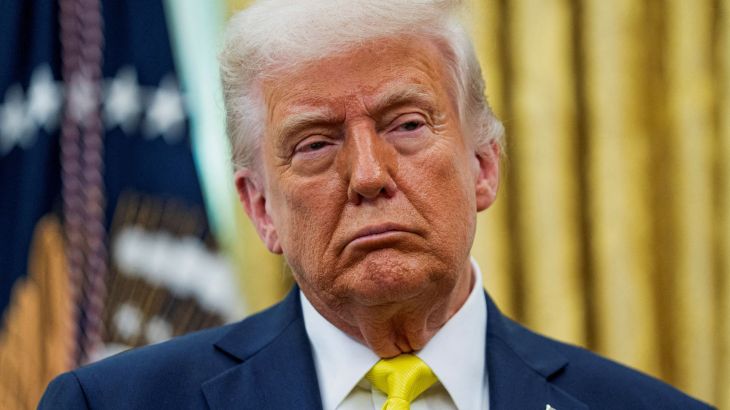
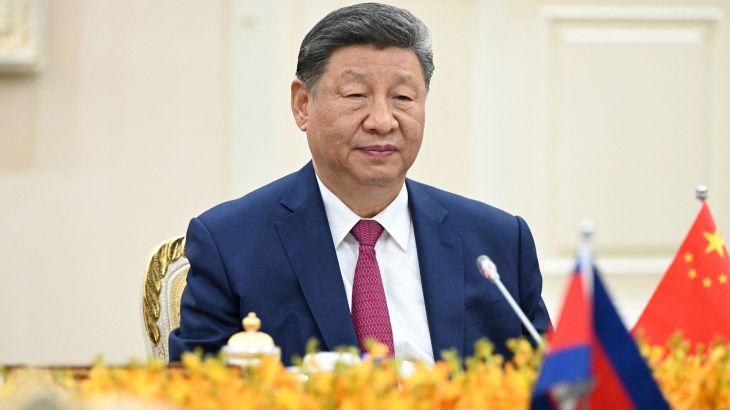
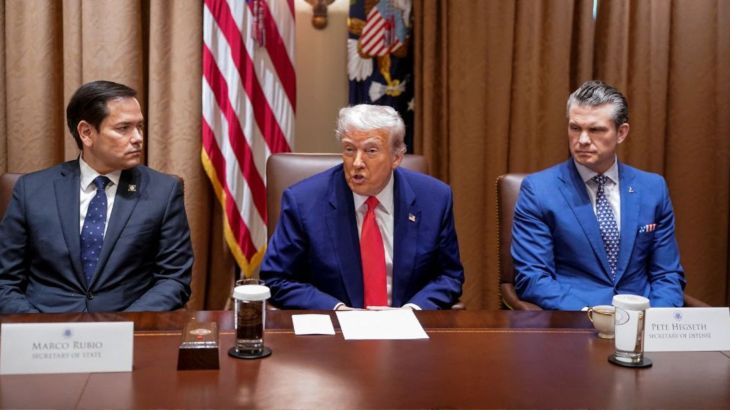
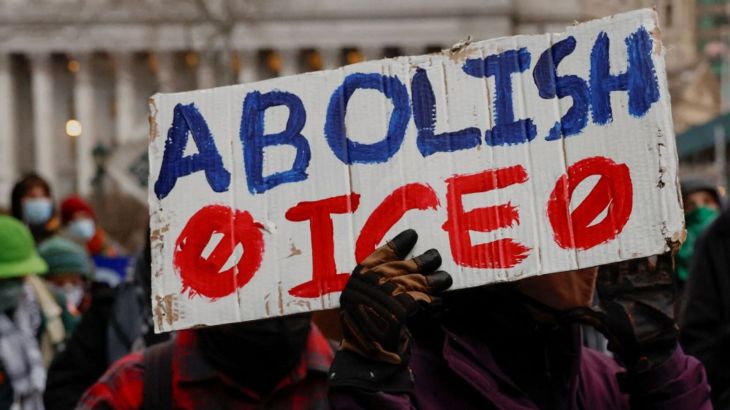

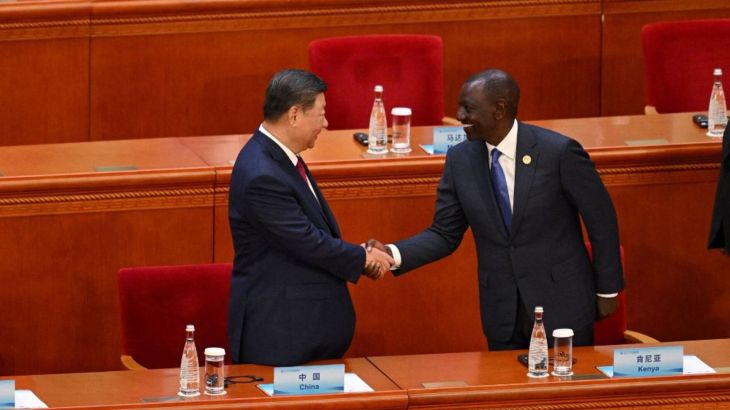
Post Comment